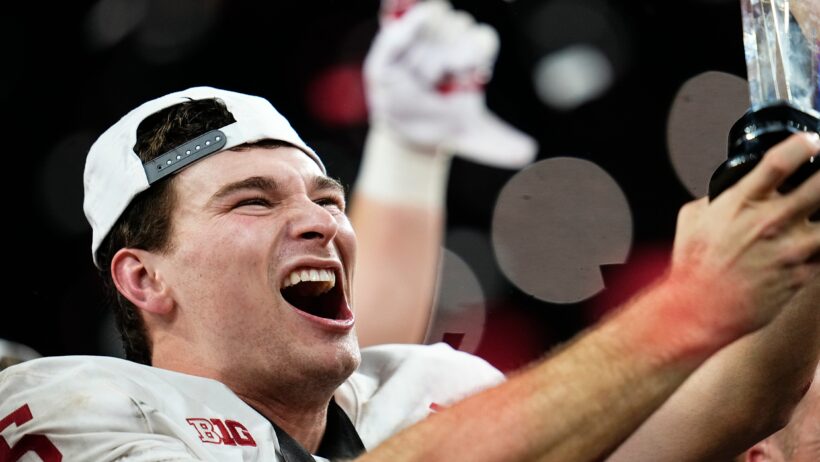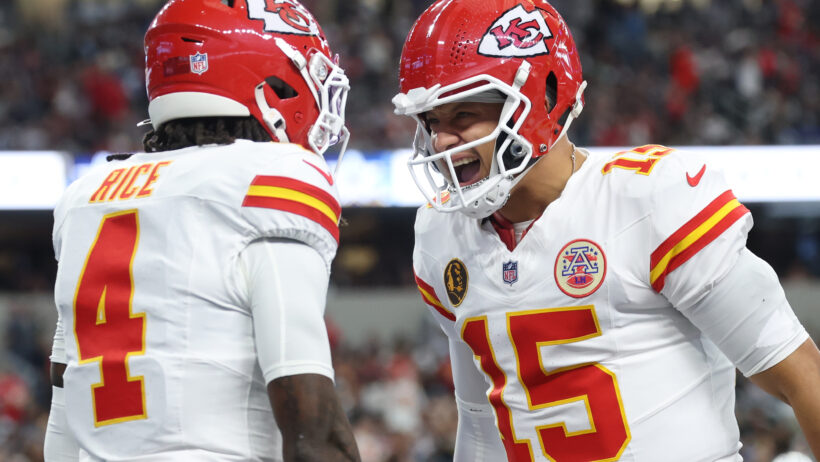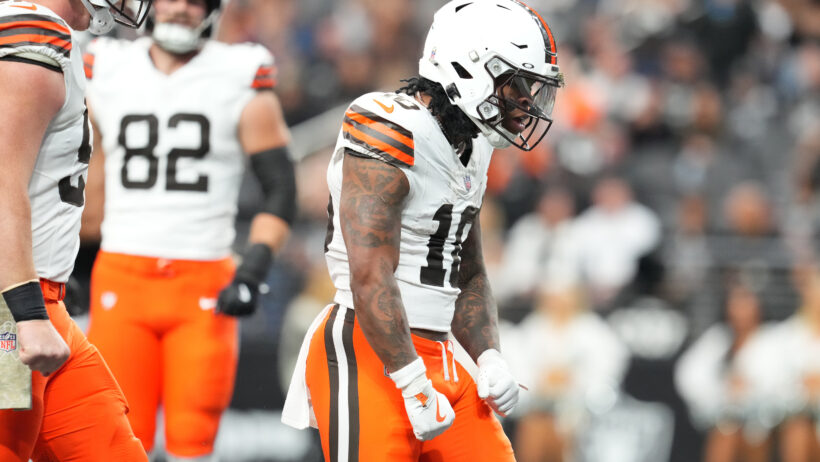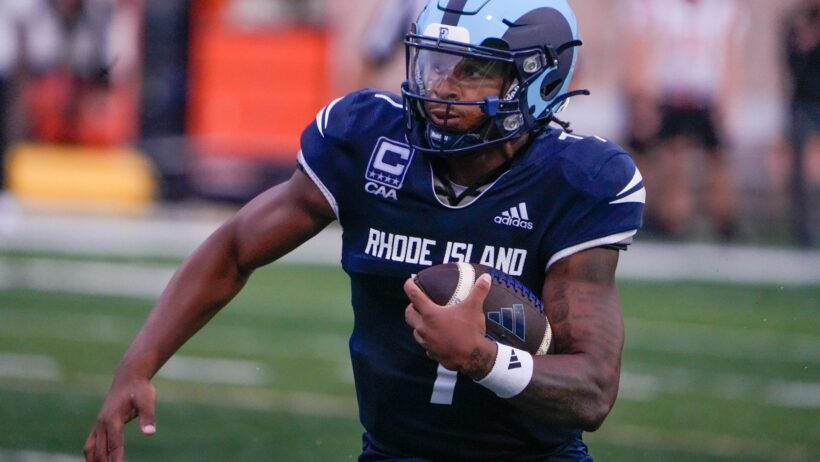Nevada Gaming Warns Operators to Steer Clear of Sports Event Contracts, Certain Prediction Market Contracts
By Robert Linnehan in Sports Betting News
Published:

- The Nevada Gaming Control Board issued a letter to gaming license holders to not offer sport event or prediction market contracts
- The gaming control board notes sports event contracts are considered wagers
- Board will consider suitability of licensing if an operator offers sports event contracts
Nevada is the latest state to warn its licensed gaming and sports betting operators to stay away from sports event and certain prediction market contracts.
Late Tuesday, the Nevada Gaming Control Board issued a letter to its Nevada gaming licensees making its position quite clear on the legality of sports event contracts. The board, the letter states, considers offering sports event contracts, or certain other event contracts, as unlicensed wagering activity.
If an operator chooses to offer sports event contracts in Nevada, or decides to partner with entities offering the contracts anywhere in the country, the gaming control board will take this into consideration when considering suitability of licensure and may issue other forms of discipline as well.
Sports Event Contracts Are Unlawful Sports Betting
The Nevada Gaming Control Board is the fourth state regulatory body to warn its operators from offering sports event contracts or partnering with companies that do. Last week, the Pennsylvania Gaming Control Board issued a similar letter to its licensed sports betting and iGaming operators.
The Nevada gaming board considers offering sports event contracts, or other certain event contracts, as unlawful betting activity in the Silver State.
“Wagering occurs whether the contract is listed on an exchange regulated by the Commodity Futures Trading Commission (CFTC) or elsewhere. Examples of event contracts that the Board specifically considers to be wagering subject to its jurisdiction include event contracts based on the outcome or partial outcome of any sporting or athletic event, or other selected events such as the World Series of Poker, the Oscars, Esports, and political elections (“Sports and Other Event Contracts”),” the board noted.
Not only did the board warn operators to not offer these types of contracts in or outside of Nevada, but it warned them to not partner with any companies that offer these types of contracts anywhere in the U.S. If found to be engaged in this market in any way, the gaming control board warned it “may call into question the good character and integrity of the licensee.”
Nevada Embroiled in Prediction Market Litigation
Prediction market companies, such as Kalshi and Robinhood, have been quick to levy lawsuits against state gaming regulators if they perceive their business to be under threat.
Both companies filed lawsuits against the Nevada Gaming Control Board after receiving cease-and-desist notices from the regulatory body earlier this year.
Kalshi recently filed a lawsuit in federal court against the Ohio Casino Control Commission and Attorney General Dave Yost after the state sent the company a cease-and-desist notice several months ago, and more recently, warned licensed sports betting operators to not partner or engage with the company in any state.
Companies such as Robinhood and Kalshi believe that state regulatory bodies do not have the right to intrude on the government’s “exclusive” authority to regulate prediction market, filing lawsuits in New Jersey, Nevada, and Maryland to defend its practices. These companies believe the Commodity Futures Trading Commission (CFTC) is the only regulatory body that can legally block contracts from being offered to customers.
State regulators equate sports event contracts as sports betting and believe they should have a say in how they’re regulated, taxed, and licensed.
The prediction market companies believe their offerings are not required to comply with state laws, as they have been preempted by the Commodity Exchange Act.

Regulatory Writer and Editor
Robert Linnehan covers all regulatory developments in online gambling and sports betting. He specializes in U.S. sports betting news along with casino regulation news as one of the most trusted sources in the country.



